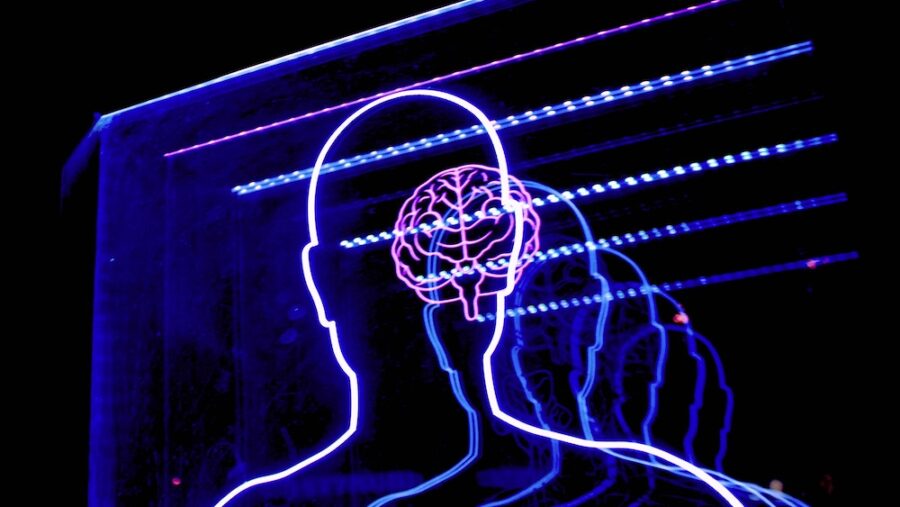Alzheimer’s Transplant Makes History In Fight Against Disease

Medical advancements have come a very long way over the past century, but an unfortunate reality is that there is still no known cure or effective treatment available for Alzheimer’s disease. But according to Science Alert, we’re taking a step in the right direction, and a new innovation in the form of taking gut microbiota from Alzheimer’s patients, and having it transplanted into healthy rats to further study the debilitating condition is gaining traction.
Researchers are now able to better understand the relationship between gut bacteria, and cognitive function based on the transplant method they’re currently exploring.
Animals with the Alzheimer’s transplant suffer from a neurological slowdown that’s a result of the hippocampus pumping the breaks on generating new neurons in this region of the brain…
Over the course of 10 days, gut microbiota from 16 Alzheimer’s patients, as well as 16 patients without the disease were transplanted into rats to test the theory. The Alzheimer’s transplant revealed that rats with the disease quickly suffered from cognitive impairments that affected their memory and behavior. The control group without the Alzheimer’s transplant performed much better on the same tests.

The prevailing theory that the Alzheimer’s transplant is setting out to prove is that gut bacteria from Alzheimer’s patients has a direct influence on a process called adult hippocampal neurogenesis. The study reveals that animals with the Alzheimer’s transplant suffer from a neurological slowdown that’s a result of the hippocampus pumping the breaks on generating new neurons in this region of the brain, which has a profound impact on memory and mood.
Researchers are studying the relationship between gut bacteria and Alzheimer’s by transplanting the gastrointestinal system’s microbiota into rats.
Researchers have good reason to believe that the amino acids and enzymes found in the gut bacteria of Alzheimer’s patients stunts the maintenance and growth of new cells, which is a discovery that needs to be explored further before human trials commence.
But this landmark discovery that has been spearheaded by the Alzheimer’s transplant has laid the groundwork for further research that can very well help scientists find a cure, or at the very least a suitable treatment for those who have Alzheimer’s disease.
As of this writing, it remains to be seen whether any treatment that the Alzheimer’s transplant research uncovers will generate an across-the-board cure, or if it will be specifically reserved for patients in the early stages of dementia.
The research looks promising, but we still have a long way to go before we have a solid grasp on the significance
Though further understanding and developments need to be worked out in finding a treatment or cure, we speculate that initial treatments will be for patients who are in the early stages of Alzheimer’s, and further developments will eventually lead to the treatment of more extreme cases of the disease. The research looks promising, but we still have a long way to go before we have a solid grasp on the significance of this research.
We have to start somewhere, however, and the Alzheimer’s transplant study is a significant milestone in our understanding of the debilitating disease that has no known cure. Now that we see an obvious correlation between gut health and the advancement of Alzheimer’s disease, future studies will explore factors that affect gut health, like lifestyle factors (diet and exercise), health status, and medication history.
Today we’re studying how an Alzheimer’s transplant impairs the cognitive function of rats, and this study will lead to a promising future in our efforts to find potential advancements for the treatment of humans with Alzheimer’s disease.












